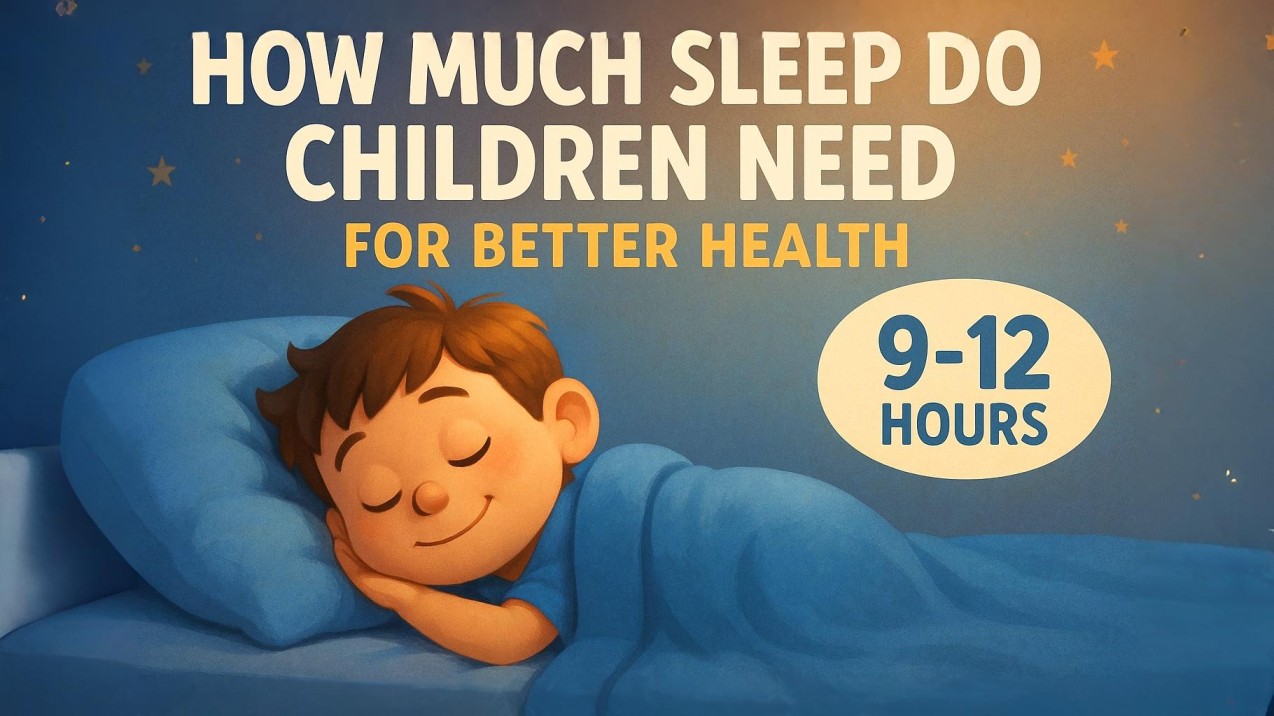Loading advertisement...
07-07-2025

Sleep is not just rest—it’s one of the most important pillars of a child’s overall development. From newborns to teens, each stage of growth demands proper sleep to support learning, emotional control, physical development, and a strong immune system. But how much sleep do children really need? Let’s explore.
Sleep needs vary by age. Here's a general guideline recommended by pediatric experts and sleep foundations:
| Age Group | Recommended Sleep Duration |
|---|---|
| Newborns (0–3 months) | 14–17 hours per day |
| Infants (4–11 months) | 12–16 hours (including naps) |
| Toddlers (1–2 years) | 11–14 hours (including naps) |
| Preschoolers (3–5 years) | 10–13 hours (including naps) |
| School-age (6–12 years) | 9–12 hours per night |
| Teenagers (13–18 years) | 8–10 hours per night |
Children who consistently fall short of these sleep goals may face challenges in their health, behavior, and learning.
Sleep isn’t just about feeling refreshed — it’s a key time when the body grows, heals, and processes information. Here are some of the major benefits:
If your child is not sleeping enough, you might notice:
Establishing good sleep habits early can have lifelong benefits. Here are some practical tips:
Regular, sufficient sleep helps reduce the risk of:
Children who sleep well tend to have better moods, better relationships, and better school results.
Understanding how much sleep children need for better health is essential for every parent. With the right sleep schedule, a calming bedtime routine, and a sleep-friendly environment, children can enjoy restful nights and energized days. Healthy sleep today leads to a healthier, happier future.
✅ Stay connected with Skool Guru for more educational tips, exam strategies, and academic guidance.
📞 Need help? Contact our mentors today!
Visit: www.skoolguru.in